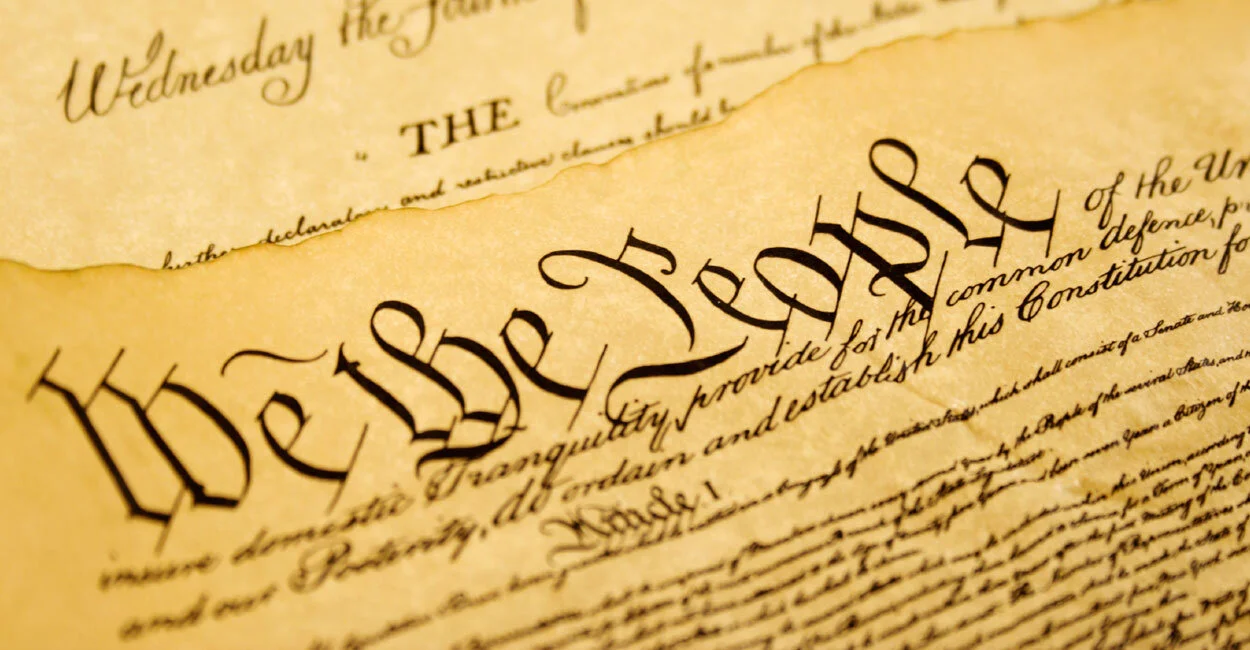Where are You in "We?"
Who are we?
Consider the preamble to the United States Constitution. When you hear, "We the People of the United States, in Order to form a more perfect Union," have you ever stopped to think about who they were referring to? It actually did not refer to the people of the United States, but rather, the people of the various states. That's because they wanted introduce the Constitution and have it applicable to states who ratified its approval, regardless if the other states did or not. It represented a social contract - the intention of "we" here was an insider term of the people who agreed, similar to how we use the word "us." That's why the Constitution is binding only to the United States and not other countries.
While the idea "United we stand, divided we fall" is often cited in American songs and politics, its origins are in Aesop's fables, with "The Four Oxen and the Lion." In this case, there is no social contract, it is a statement of facts. Presumptuously, "we" includes you, whether you want to be included or not (at least in a general patriotic sense and not necessarily in terms of policy).
When you hear the phrase, "we are so divided," who do you think of? In any kind of division between liberals and conservatives, rural and urban communities, or men and women, do you consider yourself a part of that "we?"
There is no social contract but there is avoidance. Many people do not wish to ratify this notion because it would mean responsibility and accountability. It would mean not making assumptions about the people we disagree with, not allowing cynicism to be our primary driving force. It would mean holding our own team to higher standards of ethical conduct instead of blindly giving them the benefit of the doubt.It would mean "we" are doing everything we can to cross any lines of division in order to stand united, to form a more perfect Union.
Remember, the easiest way to reduce a divide is for you to take a step in good faith towards the other side. Maybe then "you" can really be in a country of "we."

